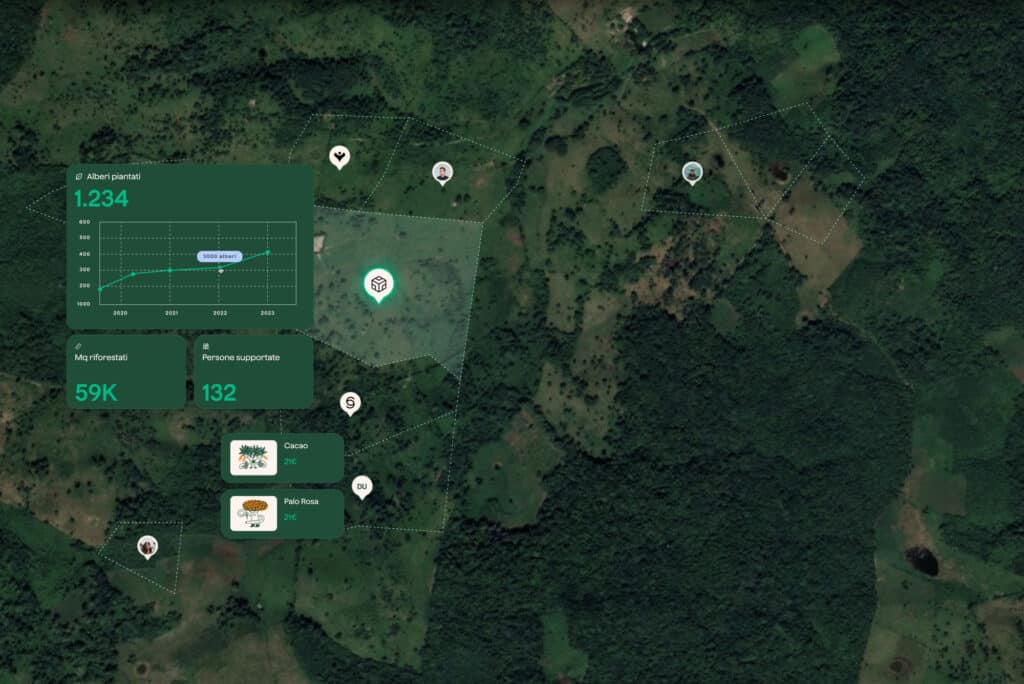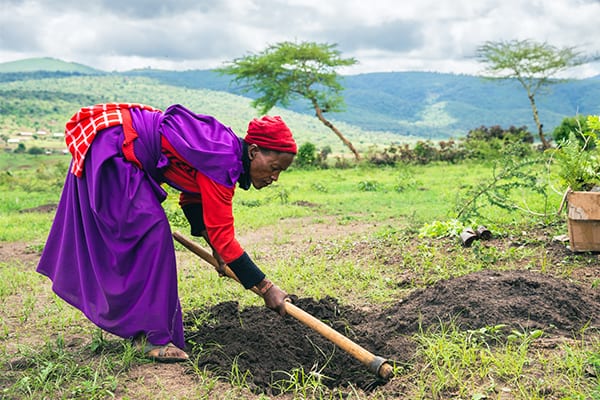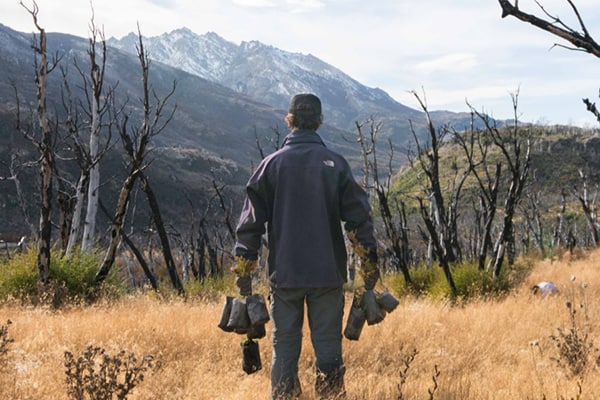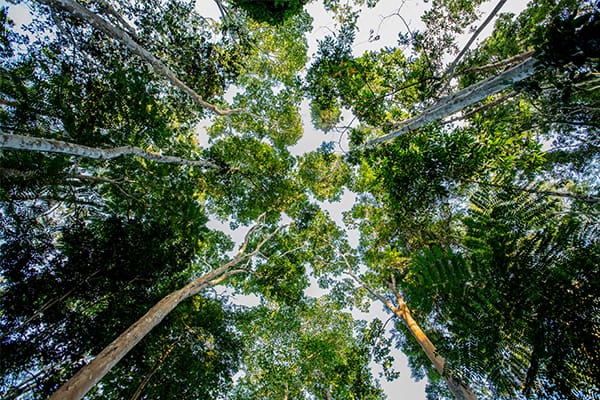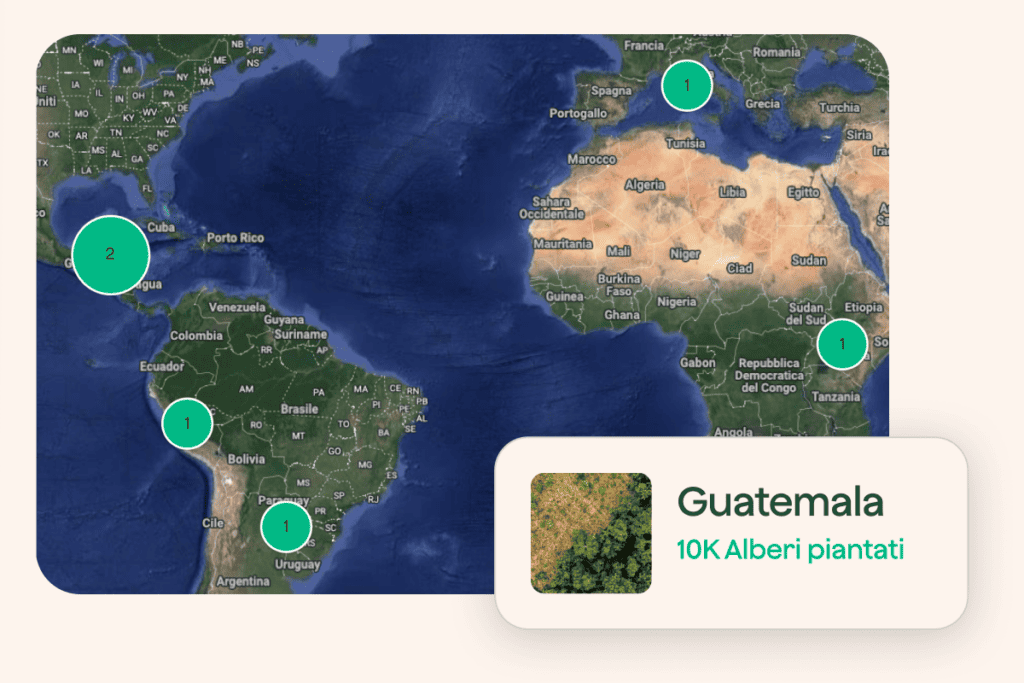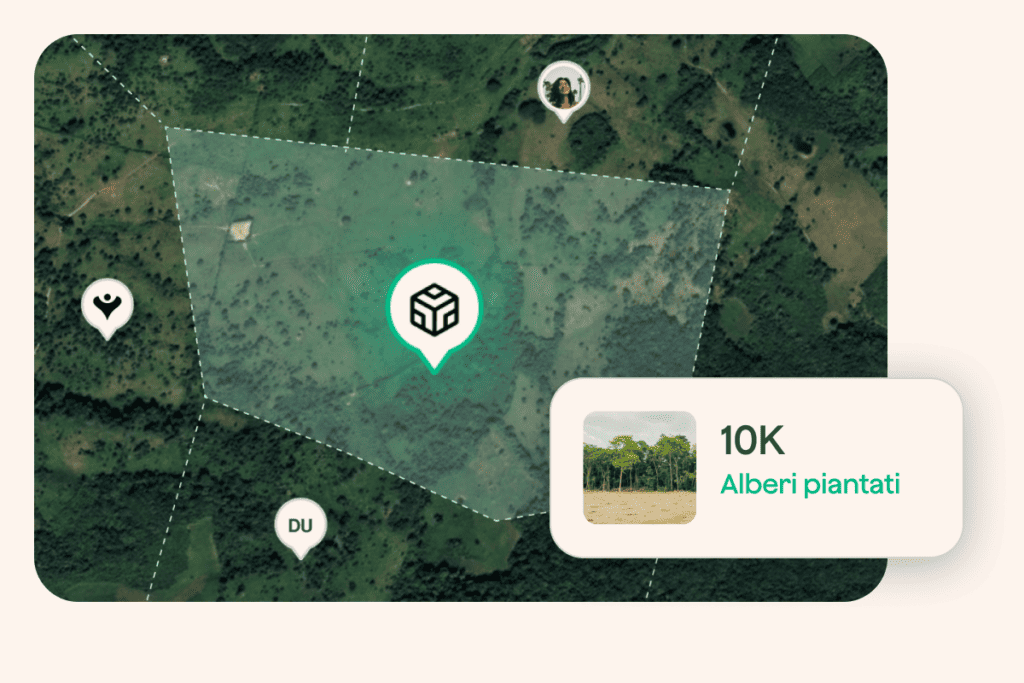Climate change refers to the variation of climate over time due to human activities and natural variability. These variations are measured in the long term and affect all components of the climate system, including weather conditions.
Tricky notions on climate change
- What is the difference between weather and climate? Climate and weather are closely related, albeit distinct. Weather refers to short-term natural events. Climate measures the average and variation of factors such as precipitation, winds and temperatures on a 30-year time scale as defined by the Global Meteorological Organisation.
- What about volcanoes? Those who dispute human responsibility for climate change often point to natural climate variability. It is mankind, however, who is responsible for the vertical surge in the atmospheric concentration of greenhouse gases that has triggered the unprecedented acceleration of change.
- But it is cold! The term ‘global warming’ is often used interchangeably with climate change. However, greenhouse gas emissions do not only cause global temperatures to rise. They upset complex dynamic balances, driving among other effects the occurrence of increasingly frequent extreme weather events, including frost waves and snowstorms.
- We are not just witnessing great changes, we are facing a crisis. The fight against climate change plays out also in the field of language. As humans, we understand the world through the words we use to describe it. For this reason, terms like ‘climate emergency’ and ‘climate crisis’ have gained ground in the last decade, bringing the focus on the urgency of the problem.
Read more
The Intergovernmental Panel on Climate Change (IPCC), an undisputed scientific authority on the subject, defines climate change as driven by both internal processes inherent to the climate system and external forcings including oscillations in solar cycles, volcanic eruptions and human activities.
In contrast, from the international political arena, the United Nations Framework Convention on Climate Change (UNFCCC) makes an important distinction between climate change and natural system variability. The UNFCCC defines climate change as variation attributable, directly or indirectly, to human activities that alter the composition of the earth’s atmosphere.
Naming a problem is the first and indispensable step towards its resolution, but in this jungle of terminology it can be difficult to find one’s way around.
What is relevant is to distribute blame correctly. In the latest assessment cycle produced by the IPCC, it is unequivocally established that human influence has caused the atmosphere, oceans and land surface to warm. The primary role of anthropogenic forces driving other fundamental changes in the climate system – precipitation patterns, ocean acidification, sea-level rise to name but a few – is assessed at different levels of certainty from likely to virtually certain.
Please note: the taxonomy adopted by the IPCC in its assessments is based on a combination of data availability and the level of agreement among the scientific community. What may appear to the untrained eye as tentative speculation is actually based on criteria of the highest scientific soundness.
Historical background: in 1856, philosopher and inventor Eunice Newton Foote first established the link between atmospheric CO2 concentration and rising global temperature. More than a century later, in 1975, the term ‘global warming’ was first used officially by geochemist Wallace Broecker to refer to the increase in the average global temperature due to the growing concentration of greenhouse gases. Just four years later, Jule Charney of the Massachusetts Institute of Technology coined the term ‘climate change’.
zeroCO2 and climate change
zeroCO2 is committed to fighting climate change and its effects on society through solutions based on the restoration of natural ecosystems.

